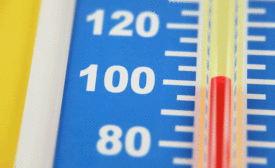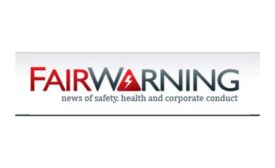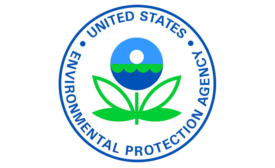Workplace Health
Tiny materials pose big hazards
Protecting workers from nanotechnology exposure
August 29, 2019
A FairWarning Story
The Breath Test: Consumers pop air monitors in their shopping carts, but do they really work?
August 28, 2019
Never miss the latest news and trends driving the safety industry
eNewsletter | Website | eMagazine
JOIN TODAYCopyright ©2024. All Rights Reserved BNP Media.
Design, CMS, Hosting & Web Development :: ePublishing






